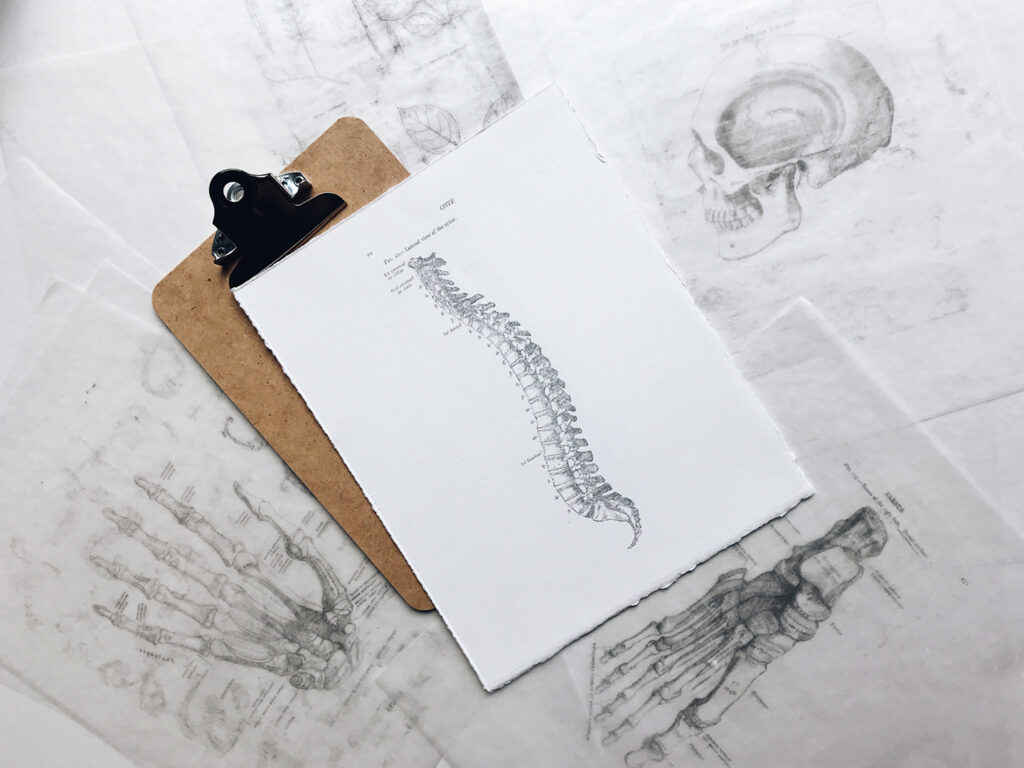Are you dealing with persistent tension headaches and neck/shoulder pain but don’t know the causes of your discomfort?
Tension-type headaches are among the most common primary headaches, usually caused by stress or muscle tightness. Research suggests chronic conditions, including fibromyalgia, myofascial pain syndrome, and temporomandibular joint disorders, can also contribute to tension headaches and neck/shoulder pain.
In this blog post, we’ll discuss some of the leading causes of this problem and how chiropractic care can help treat tension headaches and neck/shoulder pains. If you are a Pompano Beach resident and want to explore alternate solutions beyond medications or learn more about managing these conditions naturally, read on!
Posture and sedentary lifestyle
In today’s digital age, more and more people find themselves sitting at a desk for hours on end. Unfortunately, this sedentary lifestyle can take a toll on our bodies. Many people experience tension headaches and neck/shoulder pain due to poor posture and long hours of sitting.
If you’re in Pompano Beach, taking breaks and stretching throughout the day is essential to help alleviate these symptoms. Incorporating yoga or regular exercise into your routine can also improve posture and reduce the discomfort associated with a desk job. Don’t let a sedentary lifestyle stop you from enjoying what Pompano Beach offers. Take care of your body, and it will thank you.
Stress – can cause tension headaches and neck/shoulder pain
Stress is an inevitable part of modern life. From deadlines at work to personal responsibilities, pressures in our daily routine can cause us to feel increasingly overwhelmed. Unfortunately, if stress levels continue to rise, it can have physical repercussions and lead to symptoms like tension headaches, neck pain, and shoulder pain. When you experience stress, your body tenses up, causing muscle tension and pain.
It’s essential to be proactive in coping with stress, such as regular exercise, mindfulness meditation, or talking to a therapist. Remember, although stress may feel insurmountable, finding the tools to manage it can go a long way in preventing these physical symptoms.
Lack of exercise
It’s no secret that exercise is essential for maintaining physical health, but did you know that neglecting to do so can lead to severe consequences? One of the most common complaints among those who don’t exercise is tension headaches. These can be caused by weakened muscles in the neck and shoulders due to a lack of movement and exercise. When these muscles are weak, they can’t support the head’s weight, leading to tension and pain.
Additionally, the lack of muscle activity can contribute to persistent neck and shoulder pain. So, incorporate exercise into your routine to keep those muscles strong and healthy!
Poor Diet
Many of us have fallen victim to poor diet choices at some point. Sadly, opting for processed foods high in sugar and fat can have severe consequences. One such effect is feeling the tension in your muscles. Tension headaches and neck/shoulder pain are often the result of a poor diet. The stiffness in your muscles can be debilitating and cause some significant discomfort.
So, the next time you’re reaching for something quick and easy to eat, remember to choose wisely for the sake of your muscles.
Sleep Deprivation
Sleep deprivation can be a common issue that many people experience at some point in their lives. Unfortunately, it can also lead to various physical symptoms that can cause daily discomfort. Muscle fatigue, tension headaches, and neck/shoulder pain are some of the most common symptoms associated with a lack of sleep. The effects of sleep deprivation can be felt not only in the short term but also over an extended period, which can eventually lead to more chronic health conditions.
Therefore, it’s essential to recognize the importance of sleep and prioritize it in our daily routines to avoid any unpleasant physical symptoms arising from inadequate sleep.
Environmental Factors
Environmental factors can significantly impact our health, and exposure to toxins such as smoke or air pollution can contribute to tension headaches and neck/shoulder pain. It’s informative to understand our surroundings’ impact on our bodies and overall well-being. By being aware of the potential triggers, we can minimize our exposure and better manage any resulting symptoms. In addition, being mindful of our environment and taking preventative measures can help improve our health and quality of life.
To conclude, many potential causes of tension headaches and neck/shoulder pain exist. Poor posture, lack of exercise, stress, diet, sleep deprivation, and environmental factors can all contribute to this type of pain. Recognizing which of these factors are at play in your own life can be vital in helping you find ways to reduce or alleviate the tension headaches and neck/shoulder pain you may be experiencing. Taking steps such as being mindful of your posture when sitting for long periods, getting enough quality sleep regularly, eating healthily, and engaging in regular physical activity are all significant factors in preventing or alleviating this type of ailment.
Remember that taking proactive steps now and even seeking chiropractic care will benefit you in managing any chronic conditions associated with tension headaches and neck/shoulder pain.




